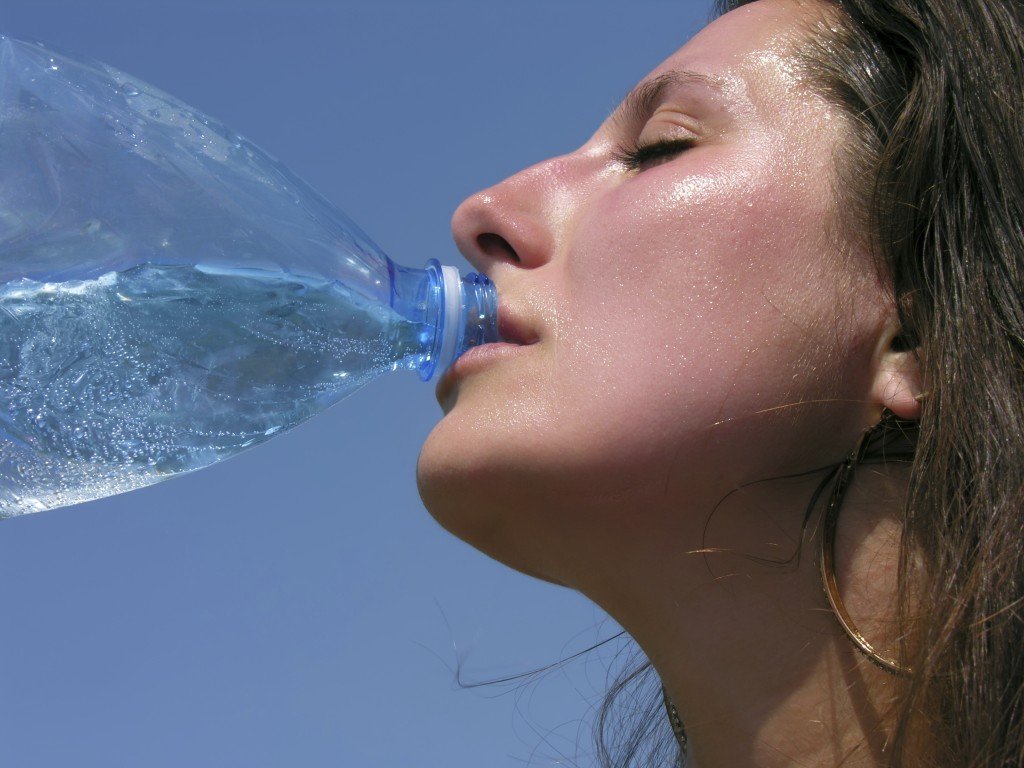There are two kinds of people. People who like heat in moderation and those who like heat in extreme. Then there is a third group of people who like extreme cold weather. Nature took care of this group by turning them into polar bears.
I am a person who likes heat in moderation. My friends say I should be the last person on earth (that is little far fetched, isn’t it?) to complain about heat.
I was born and raised in Musoma and Mwanza on Lake Victoria. I would call the weather in those two places is not bad. Nice and warm all year round. Then I went to a boarding school in Dar-es-salaam, on the shores of Indian Ocean. Wow, the weather is hot and humid. White shorts and shirts were the norm on weekends. On school days, khaki shorts and white shirt.
Those were the days. I was young and healthy. Heat wasn’t a big deal. I didn’t have hairy legs or varicose veins sticking out of my ugly legs. I didn’t have all the scars from childhood injuries showing off from my multi coloured legs. Wearing shorts was cool.
Now things are different. Once you get to male or female menopause, your tolerance for heat is not the same. Your kidneys start to pack-in if you do not drink enough water. And among the aging population, extreme heat causes a substantial number of deaths.
For example, the European heatwave of 2003 resulted in more than 70,000 deaths, About 30 per cent of which were attributed to heatstroke, hyperthermia or dehydration. Canadians too die of extreme heat. Reports indicate that extreme heat recently contributed to 106 deaths in Montréal, Quebec, and 156 deaths in Vancouver, British Columbia.
People who have chronic physical conditions (cardiovascular, pulmonary, renal and neurologic disease, diabetes and obesity) and those with mental illness are vulnerable to extreme heat. Older people, children and people who are very physically active in the heat are also at higher risk for heat-related illness.
Common drugs such as antipsychotic agents, antidepressant medications (e.g., selective serotonin reuptake inhibitors, lithium), diuretic agents, antihistamines, anticholinergic agents and anti-Parkinson agents can increase risk by interfering with thermoregulatory mechanisms, says an article in the Canadian Medical Association Journal (CMAJ July 10, 2012).
What is heat exhaustion?
Heat exhaustion is the most common heat illness, says the CMAJ article. Although the patient may have hot skin and be flushed and sweating, his or her core temperature is below 40°C.
What is heatstroke?
In heatstroke, the core temperature is above 40°C, the patient’s mental status may change, and he or she may become incoherent or unconscious, says the article. In classic heatstroke, the skin is usually hot, red and dry. In exertional heatstroke, there is profuse sweating after high-intensity physical activity.
Heatstroke is a medical emergency. It can progress rapidly to multiorgan dysfunction and death. Treatment must be immediate and consists of rapid cooling (evaporative cooling for classic heatstroke; ice-water baths for young adults and people with exertional heat stroke). Careful attention should be paid to the patient’s hydration and electrolyte balance to restore blood pressure and tissue perfusion.
Death from heat exposure is preventable by increasing fluid intake and reducing activity levels during hot weather. Cool or air-conditioned environments for people most vulnerable to heat also helps. Some communities have heat alert and response systems that include issuing public health messages, opening cooling centres and extending hours for public swimming pools.
Enjoy the summer but be careful.
Start reading the preview of my book A Doctor's Journey for free on Amazon. Available on Kindle for $2.99!
